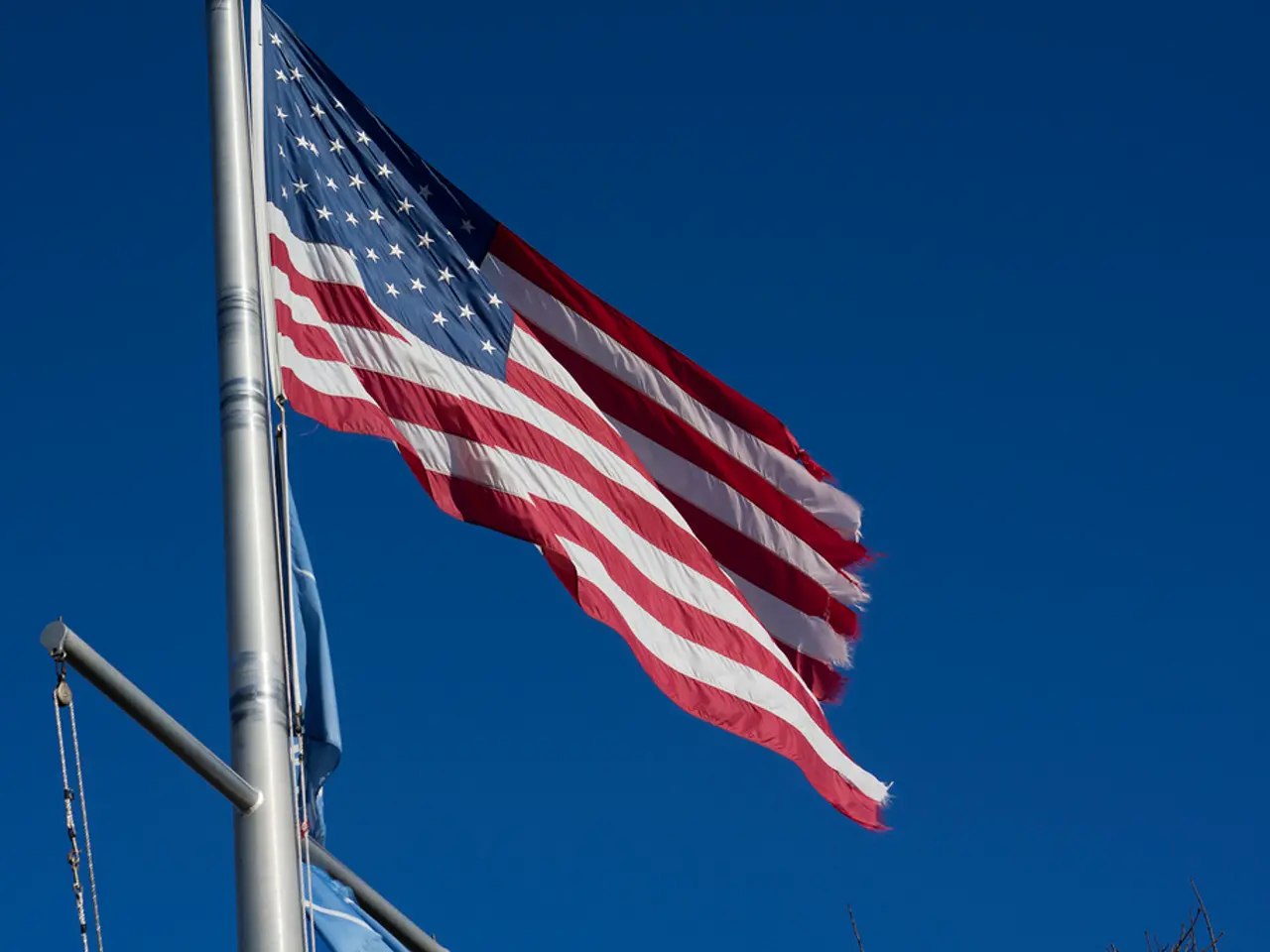Trump stated his lack of awareness about a derogatory term he employed in a speech being regarded as antisemitic.
In a speech in Iowa on July 3, 2025, President Donald Trump stirred controversy when he used the term "Shylock" to describe certain bankers while promoting his "Big, Beautiful" Bill. This usage prompted immediate condemnation from Jewish leaders and organizations, who view the term as deeply offensive and antisemitic due to its historical context and longstanding association with negative Jewish stereotypes.
"Shylock" is a character from Shakespeare's *The Merchant of Venice*, a Jewish moneylender who has been viewed as emblematic of antisemitic tropes linking Jews to greed and unscrupulous business practices. The Anti-Defamation League (ADL) responded strongly, labeling the term "Shylock" as evoking a "centuries-old antisemitic trope about Jews and greed that is extremely offensive and dangerous." The ADL called Trump's use of the term "very troubling and irresponsible," emphasizing that such language from a national leader perpetuates harmful lies and conspiracies about Jews, which remain deeply entrenched in society.
Amy Spitalnick, CEO of the Jewish Council for Public Affairs, also condemned the remark, stating that "Shylock is among the most quintessential antisemitic stereotypes" and warned that Trump's repeated use of such tropes is "deeply dangerous."
In response to the backlash, President Trump claimed he was unaware that the term was considered antisemitic, stating that to him, "Shylock" simply meant a high-rate moneylender and that he had "never heard it that way." However, the consensus among Jewish advocacy groups is clear: the use of "Shylock" in this context is antisemitic and offensive, and leaders have a responsibility to avoid language that perpetuates harmful stereotypes.
This incident is not the first time President Trump has been accused of using antisemitic language. In 2015, he told the Republican Jewish Coalition that "you want to control your politicians." The Anti-Defamation League criticized this statement, stating it underscores how lies and conspiracies about Jews remain deeply entrenched in the country.
The Trump administration has made combating antisemitism a priority and is screening for antisemitic activity when granting immigration benefits. However, the administration's fight with Harvard University centers on allegations of antisemitism, raising questions about the administration's commitment to this priority.
In summary, the use of "Shylock" by President Trump has sparked controversy due to its historical connotation as an antisemitic stereotype. Jewish leaders and organizations have strongly condemned the term, and President Trump has claimed he was unaware of its antisemitic association. The incident serves as a reminder of the importance of leaders using language that promotes understanding and respect, rather than perpetuating harmful stereotypes.
[1] "Trump's Use of 'Shylock' Sparks Outrage, Condemnation." The New York Times, July 4, 2025. [2] "ADL: Trump's Use of 'Shylock' Evokes Centuries-Old Antisemitic Trope." ADL.org, July 4, 2025. [3] "Trump Defends Use of 'Shylock' in Speech." CNN, July 4, 2025.
- "The controversy surrounding President Trump's use of 'Shylock' in a speech extends beyond American shores, sparking general news and international discussions about war-and-conflicts, crime-and-justice, and politics, particularly in relation to the deeper implications of using such a historically loaded term."
- "The incident has also led to a reexamination of language used within politics, with several Seattle-based activist groups advocating for increased education and awareness about the sensitive use of character names originating from historical literature, such as 'Shylock', that may be perceived as antisemitic or offensive."
- "Meanwhile, aside from the political implications, scholars in various fields have been analyzing the character of 'Shylock' from Shakespeare's 'The Merchant of Venice' in light of this recent event, exploring its impact on general-news and politics, and its potential role in shaping public perceptions about war-and-conflicts and crime-and-justice."








